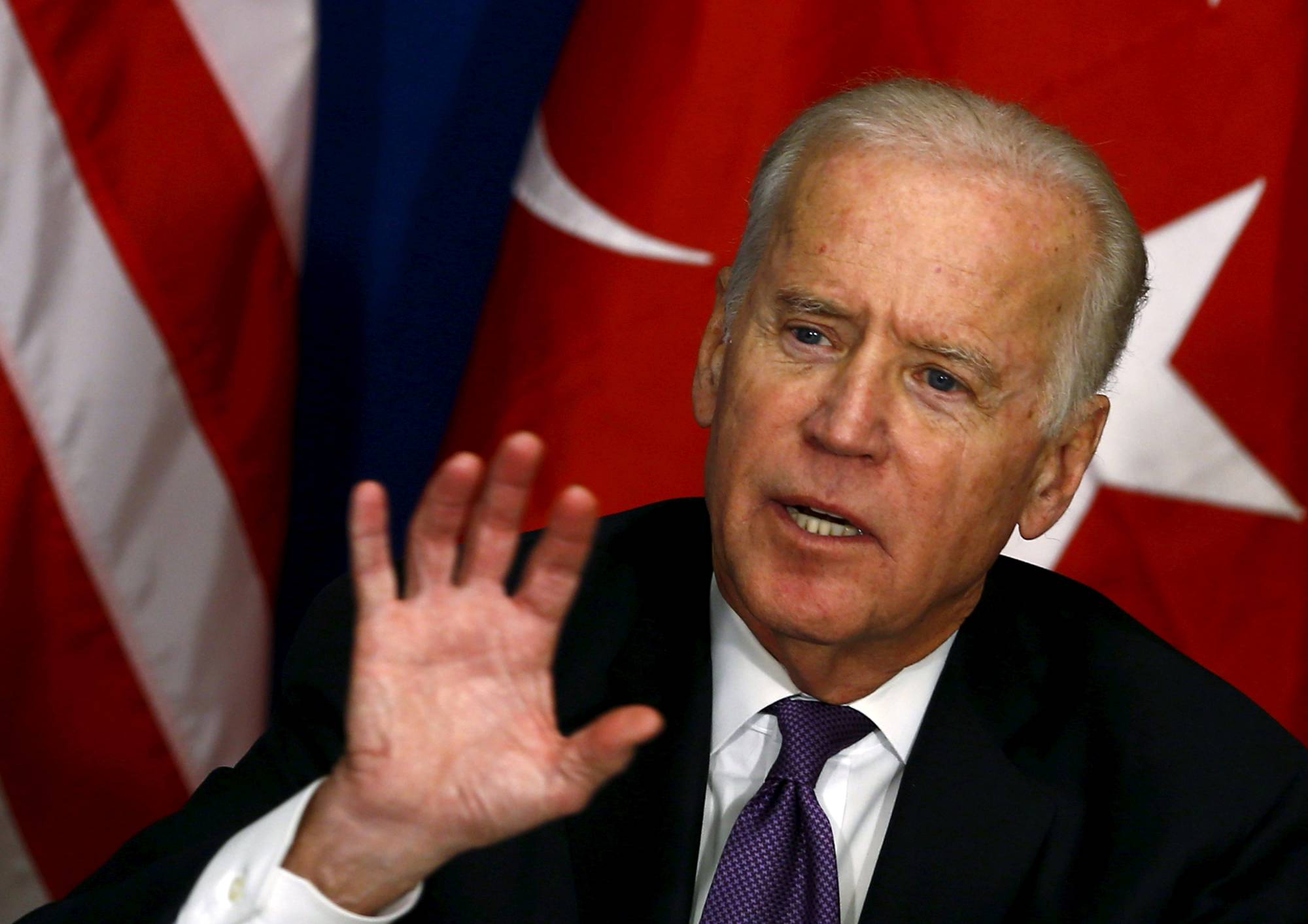Now that Vice-President Joe Biden is set to become the next U.S. president in January 2021, attention is turning to the makeup of his cabinet. Key figures, including those responsible for foreign policy, include Obama Administration veterans, who will be charged with helping to strengthen relations, particularly with America’s allies.
For Japan, the Japan–U.S. alliance has been relatively stable, partly thanks to the good personal rapport between former Prime Minister Shinzo Abe and President Donald Trump, but this has not dispelled worries within Japan about its burden given Trump’s disdain for the U.S. role as “the world’s policeman.” In fact, the U.S. alliance is more important than ever before for Japan, which must address national security concerns in the face of a rising China while dealing with the threat from North Korea. Beyond security, economic and technological relations with America are also critical for Japan. Moreover, the U.S. network of allies, the Free and Open Indo-Pacific (FOIP) strategy, and the Quadrilateral Security Dialog (Quad) are important assets for Japan, and the new administration is likely to continue with these assets in practice, even if some name changes may be introduced.
Nonetheless, it is worth paying attention to what we might call a “misunderstanding” about the new U.S. administration that has been perpetuated in the Japanese media. That misunderstanding is the worry that Washington will once again reach out to China and put Japan in a difficult position, and it comes from memories of the former Obama administration’s comparatively friendly relations with China. Naturally, experts have analyzed the writings and statements of the people thought to be the brains behind the Democratic Party’s foreign affairs and are well aware that the image of China within the Democratic Party is very different from that which the Obama administration held. Even so, this “misunderstanding” still seems to hold considerable sway within Japan.



















With your current subscription plan you can comment on stories. However, before writing your first comment, please create a display name in the Profile section of your subscriber account page.